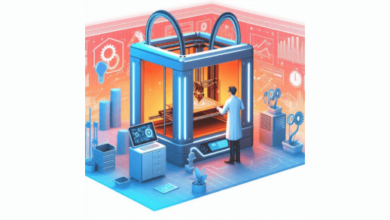DevOps Culture: Bridging the Gap Between Development and Operations

DevOps, a portmanteau of “development” and “operations,” represents a cultural shift in the software development landscape. It aims to bridge the gap between development and IT operations, fostering collaboration, automation, and continuous improvement throughout the software development lifecycle.
Traditional software development often involved separate silos for development, testing, and operations. This resulted in communication gaps, slower deployment cycles, and inefficiencies. DevOps breaks down these barriers by promoting a collaborative culture where developers and operations teams work together closely.
Automation is a central tenet of DevOps. By automating processes like testing, deployment, and configuration management, teams can reduce human error, speed up releases, and ensure consistent outcomes.
Continuous integration and continuous delivery (CI/CD) are cornerstones of DevOps practices. CI involves regularly integrating code changes into a shared repository, followed by automated testing. CD takes it a step further by automating the deployment process, allowing software updates to be delivered to users quickly and reliably.
Feedback loops are crucial in DevOps. Developers receive rapid feedback on their code changes, allowing them to identify and rectify issues early in the development cycle. This prevents the accumulation of technical debt and reduces the likelihood of critical bugs reaching production.
A DevOps culture also encourages a focus on the customer. By emphasizing customer needs and feedback, development teams align their efforts with business goals and ensure that software solutions deliver real value.
Security is integrated into DevOps through the concept of DevSecOps. Instead of treating security as an afterthought, security practices are integrated into every stage of the development lifecycle. This proactive approach helps identify and address security vulnerabilities early on.
However, adopting a DevOps culture requires more than just implementing tools and processes. It requires a mindset shift that values collaboration, experimentation, and continuous learning. Team members need to be empowered to take ownership of their work and collaborate across disciplines.
In conclusion, DevOps is more than a set of practices; it’s a cultural shift that promotes collaboration, automation, and continuous improvement. By breaking down silos between development and operations, DevOps accelerates software delivery, enhances quality, and empowers teams to deliver value to customers more efficiently than ever before.




